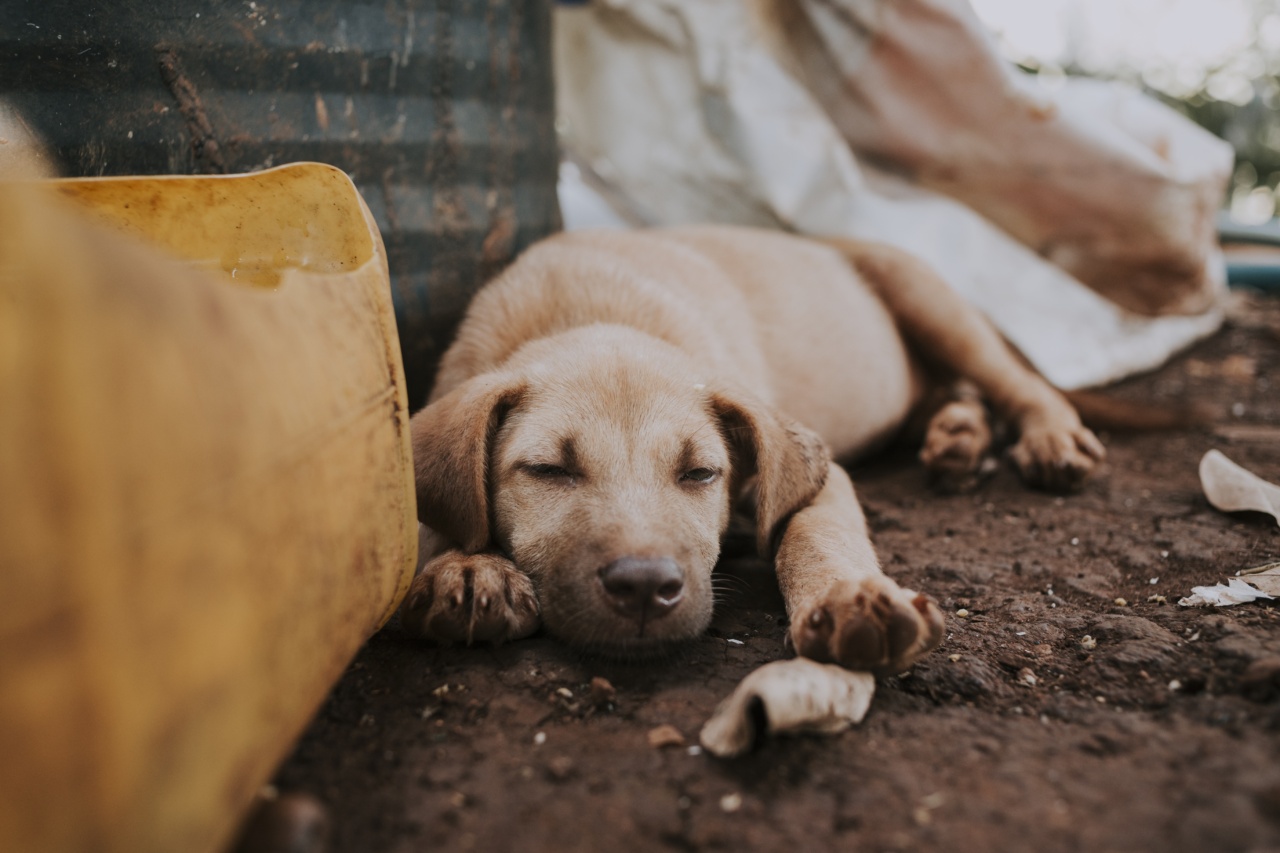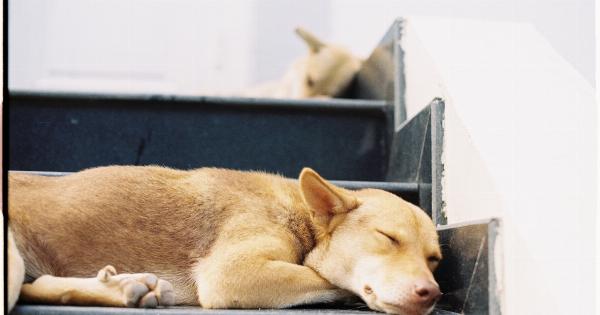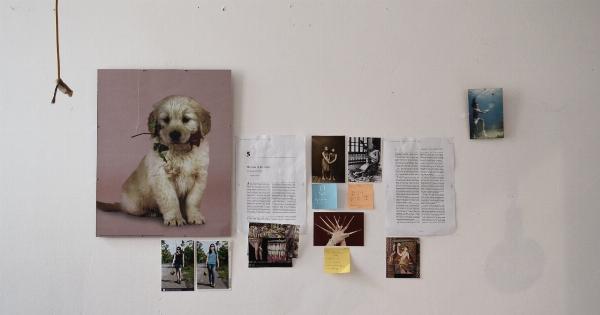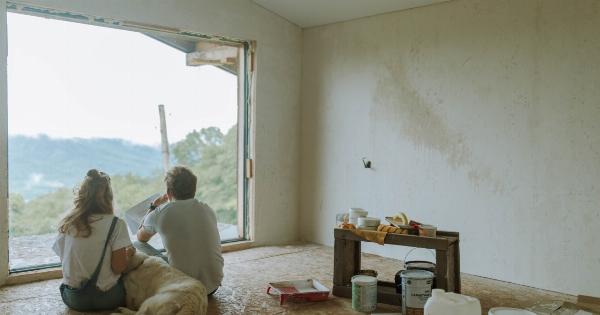Welcoming a cute and lively puppy into our homes can be exciting. However, it is important to remember that puppies can develop certain negative habits that can become problematic for both the puppy and our household.
Here are five bad habits we don’t want our puppy to develop:.
Biting and Nipping
Puppies often bite and nip as part of their play. However, it is important to train them to understand the difference between play biting and biting as an aggressive behavior.
It is important to discourage this behavior by redirecting their biting with chewing toys and rewarding good behavior. It is also important to socialize puppies with other dogs to help them develop better play manners.
Barking Excessively
Barking is a normal behavior for dogs, but excessive barking can cause disturbances to our surrounding neighbors or family members.
To prevent excessive barking, it is important to make sure the puppy gets enough physical and mental stimulation, provide them with toys and treats. Also, praising for good behavior and discouraging bad behavior can reduce their barking behavior.
Pulling on the Leash
Puppies often get excited during walks and tend to pull on the leash. Training them to walk calmly on a leash is important to ensure their safety and obedience.
One approach to train them is through positive reinforcement, rewarding them for walking calmly beside their human. It is also important to choose appropriate leash and training collar that can aid in reducing pulling.
Destructive Chewing
Puppies love to chew things as part of their development and teething process, but destructive chewing can cause damage to our household items.
While it is not achievable to eliminate chewing from their behavior, it is important to redirect destructive chewing by providing appropriate chew toys and ensuring that they have access to the toys at all times. Consistency in directing behaviors can help prevent the development of destructive chewing.
Separation Anxiety
Puppies can become anxious when separated from their humans. Separation anxiety can lead to destructive behavior, barking, and howling.
To reduce separation anxiety, it is important to gradually help the puppy get used to separation by leaving them alone for short periods of time, providing toys and treats before leaving, and making leaving and returning a low-key event. It is also important to create a routine when leaving to signal to the puppy that it is time to calm down.

























